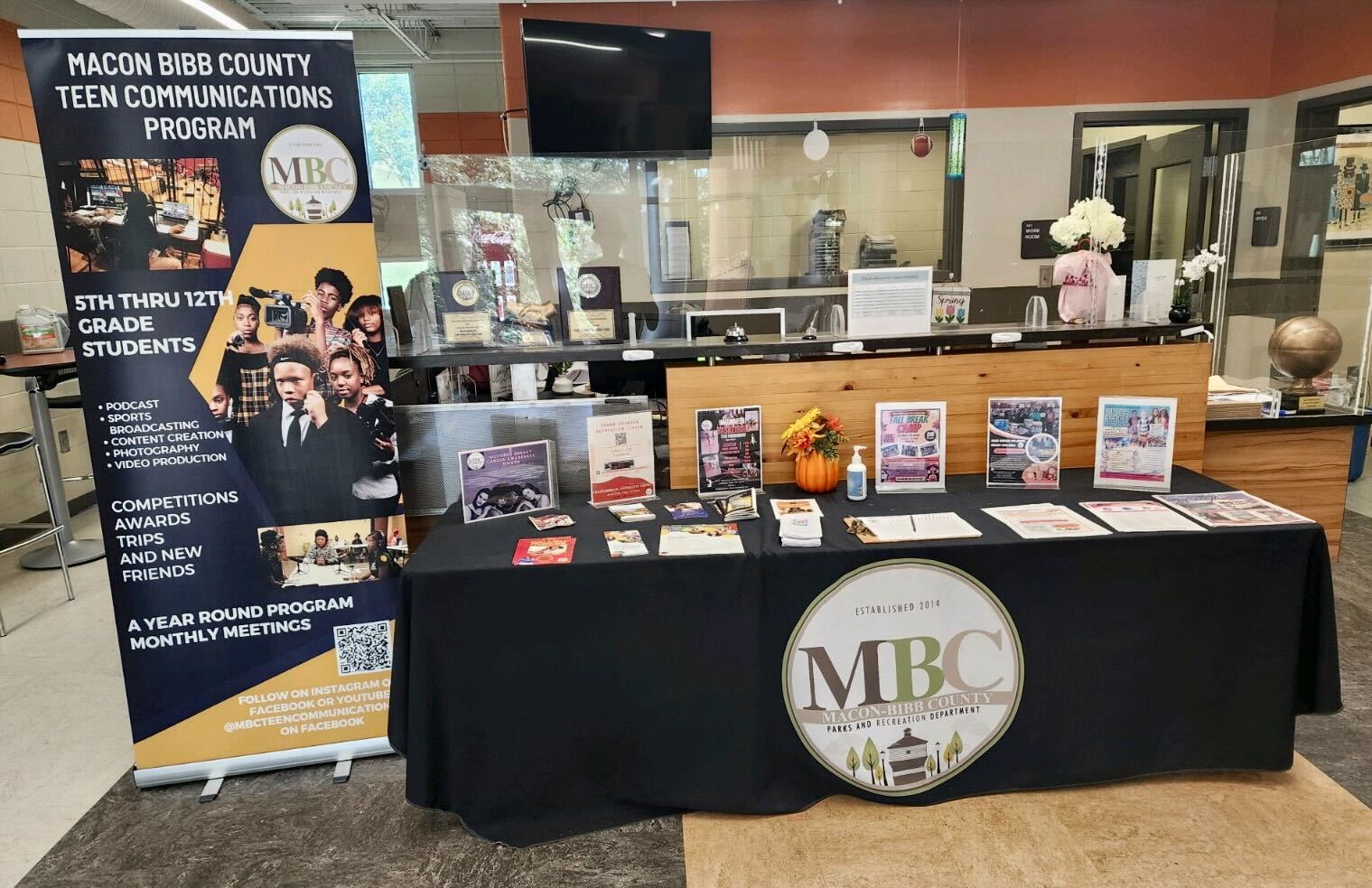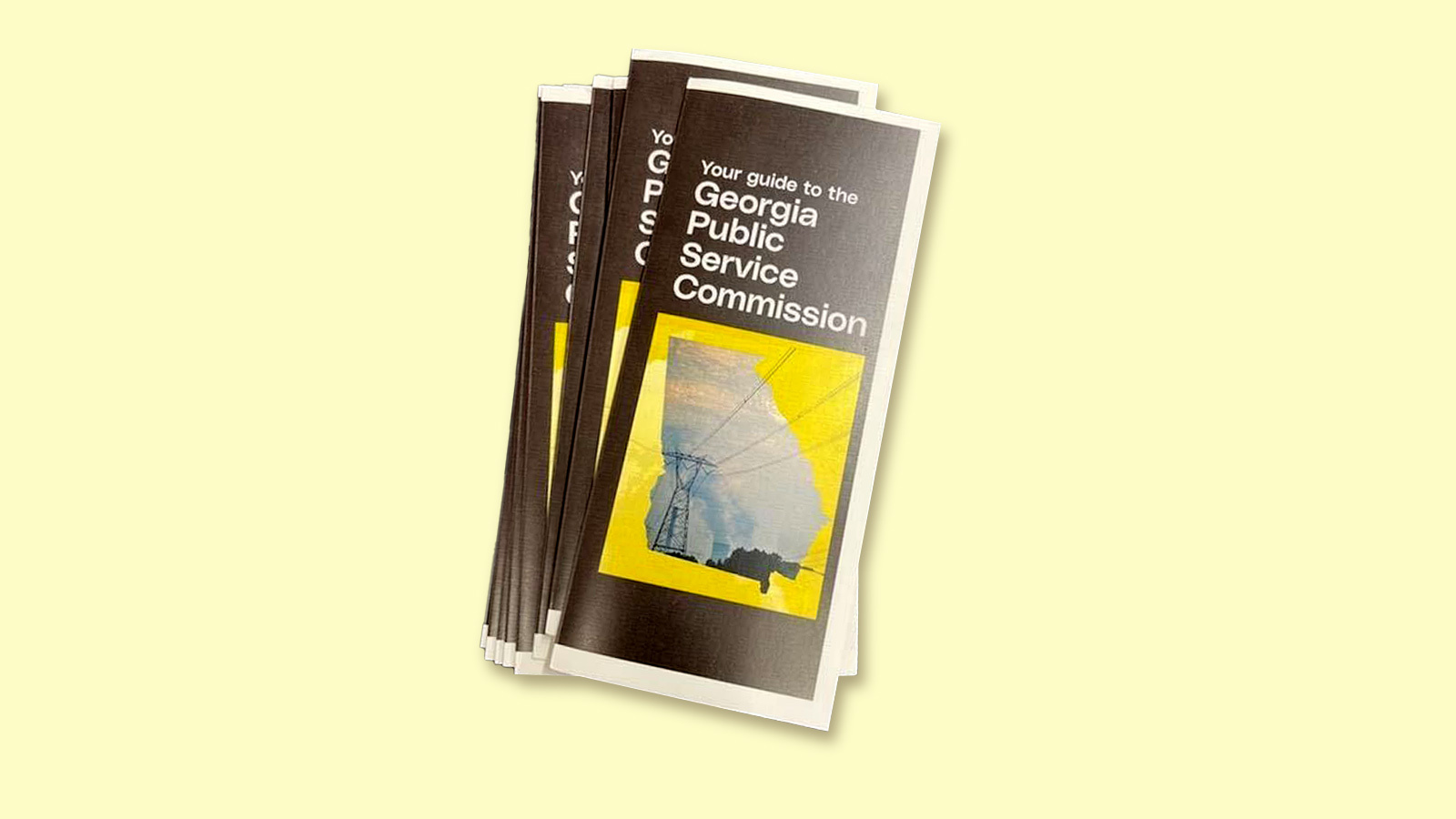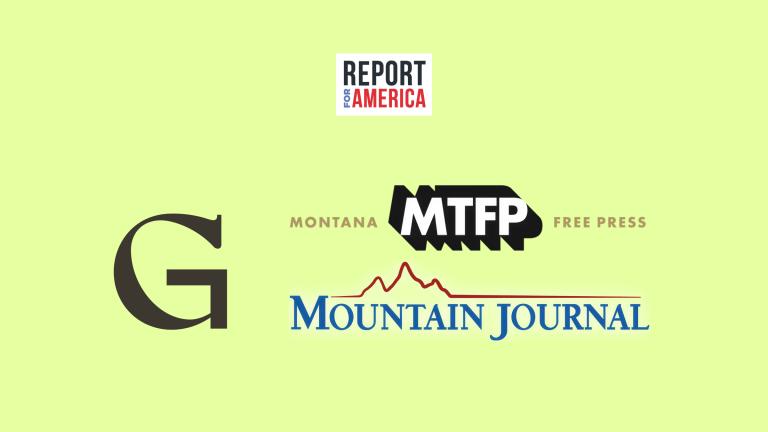Earlier this year, Grist and WABE launched a reporting and community engagement project to demystify the Georgia Public Service Commission, or PSC, the small but powerful elected board that makes critical decisions about everything from raising electric bills to developing renewable energy.
While the commissioners won’t be on the ballot in November — elections were postponed for years as a federal lawsuit alleging the PSC election process violates the Voting Rights Act worked its way through courts, and a new state law delays elections further — we continued to report on major developments related to the commission and energy issues in Georgia.
First, we created a suite of resources that can be used anytime to inform people about Public Service Commissions, both in Georgia and other states:
- We published an explainer on how PSCs work.
- Energy policymakers use a lot of jargon. We created a glossary of energy terms, acronyms, and Georgia Power programs.
- For Georgia residents, how do you contact the PSC and ensure your voice is heard? This guide has all you need.
In March, Grist hosted four community listening events — one in Macon, two in Atlanta neighborhoods, and one in Rome — in partnership with local organizations and institutions to ensure our journalism reaches and involves residents who face major barriers to accessing information. Read about them here. We also created and distributed 500 fact sheets, in Spanish and English, at the listening sessions. See them here.

The listening sessions were invaluable: Residents from all four locations spent time with us discussing what information gaps were in their communities and what stories about energy and electricity issues would be most valuable to them. We used those conversations and ideas to inform our reporting. Here are the stories that came out of it:
- The question we got the most during the events was: How do I understand my Georgia Power bill? So we broke down a customer’s bill line-by-line to see where the high costs come from.
- In Rome, Georgia, folks asked us to help them figure out what the PSC had to do with coal ash cleanup — and why customers pay for it on their Georgia Power bill. We examined those questions, as well as the larger coal ash controversies in Georgia.
- Because the PSC is a relatively little-known agency, even in Georgia, we made a timeline of the commission’s important moments in the last 15 years, from new nuclear reactors and gas plants to lawsuits and bill increases.
- In Macon and Atlanta, participants wanted to know who, besides the PSC, wields power over how Georgia manages clean energy and climate action. Here’s our explainer on all the major energy players in the state.
- Many people expressed that they had a hard time finding out how to get in touch with the PSC. We made a guide here.
After the community events, we launched a local pop-up newsletter about energy issues and the PSC in Georgia, keeping subscribers up to date on this new reporting and analysis every few weeks.
Grist also launched its first-ever community reporting fellowship, a paid training program for Georgia residents to learn journalism skills to use in their communities. Grist reporters and editors led workshops on ethics, writing, multimedia, fact-checking, and more. Each fellow (you can find more information about them here) completed a PSC-related project during their time at Grist:
- Tia Lockhart created a newsletter series with the Macon-Middle Georgia Black Pages on the PSC and energy issues to inform the Black community there. It will run early this fall.
- Clarence Thomas will appear on several episodes of Middle Georgia Spotlight this fall, a YouTube show hosted by former Macon Mayor C. Jack Ellis, to discuss the PSC and energy justice issues. Lockhart will join him on at least one episode to engage residents on these topics.
- Cassandra Loftlin started an oral history project about Plant Vogtle, interviewing an activist, current and former workers, and a local politician about how they view the plant.
Grist sent 1,000 brochures to fellows and community partners for distribution across metro Atlanta, Macon, and Rome. WABE is distributing 500 pamphlets in Atlanta. You can download and print the brochure here.




